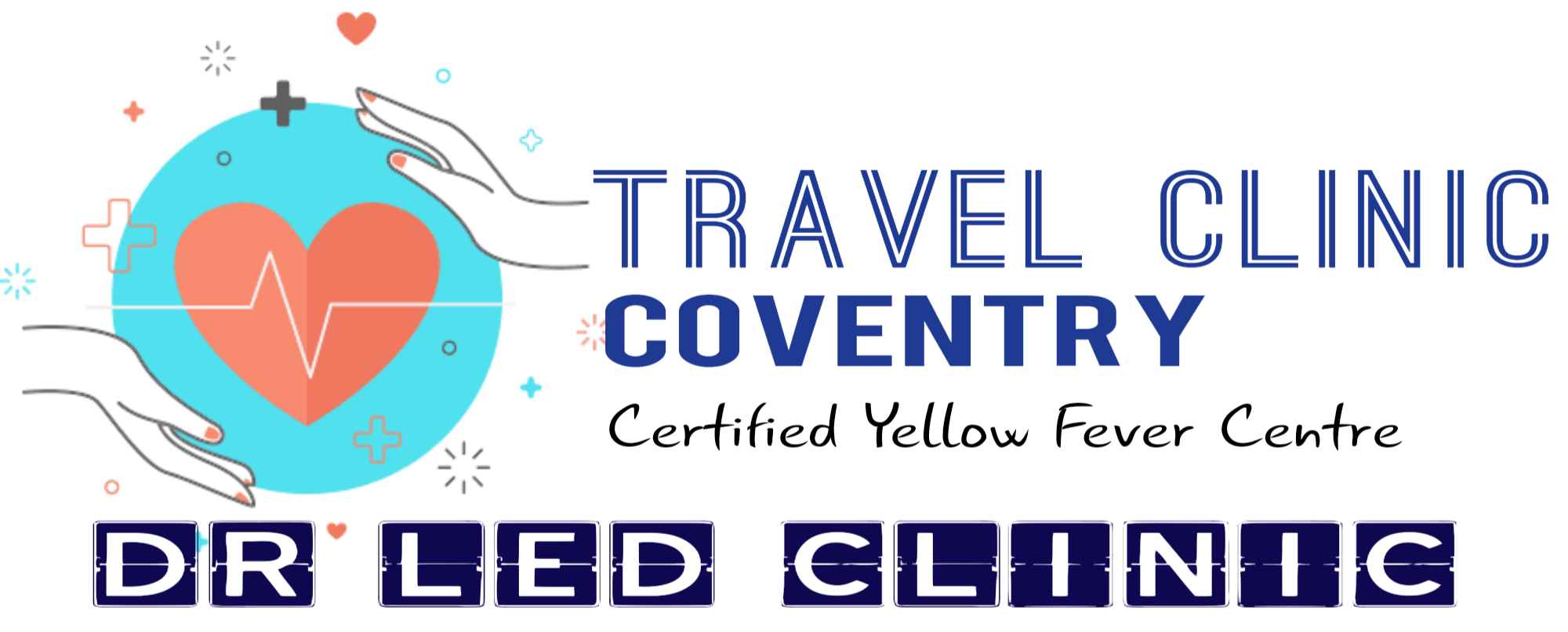Risk factors and disease burden
Cholera transmission is closely linked to inadequate environmental management. Typical at-risk areas include peri-urban slums, where basic infrastructure is not available, as well as camps for internally displaced people or refugees, where minimum requirements of clean water and sanitation are not met.
- Cholera is an acute diarrhoeal disease that can kill within hours if left untreated.
- There are an estimated 3–5 million cholera cases and 100 000–120 000 deaths due to cholera every year.
- Up to 80% of cases can be successfully treated with oral rehydration salts.
- Effective control measures rely on prevention, preparedness and response.
- Provision of safe water and sanitation is critical in reducing the impact of cholera and other waterborne diseases.
- Oral cholera vaccines are considered an additional means to control cholera, but should not replace conventional control measures.
Click here to see the WHO report on Cholera- worldwide-Outbreaks and cases
Important: The oral cholera vaccine can be given at the same time as other injected vaccines.
Primary immunisation:
- Adults and children over 6 years of age – 2 doses of oral vaccine -at 1-6-week interval.
- Children aged 2-6 years – 3 doses of vaccine are necessary but each dose is given with a similar 1-6-week interval.
- Should more than 6 weeks elapse between any doses, the primary immunisation course must be restarted. All individuals must complete the immunisation course at least 1 week prior to potential exposure.
Boosters – a single booster to augment immunity is recommended:
- Adults and children over 6 years of age. A booster can be given 2 years after the primary course. If more than 2 years have elapsed since cholera vaccination the primary course must be repeated.
- Children aged 2-6 years. A booster dose is given after 6 months.
Contra-indications
The oral cholera vaccine should not be administered to patients with:
- Confirmed anaphylactic reaction to oral cholera vaccine or any excipients
- Acute gastrointestinal illness or febrile illness at the time of vaccination

